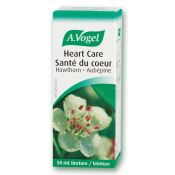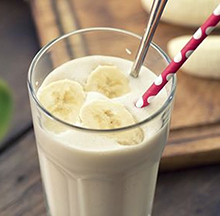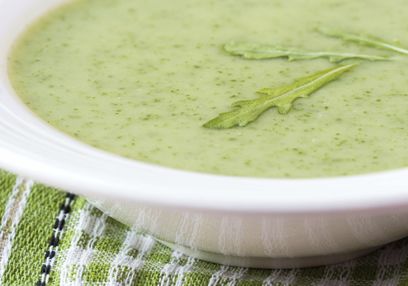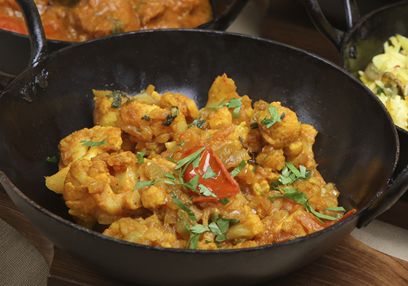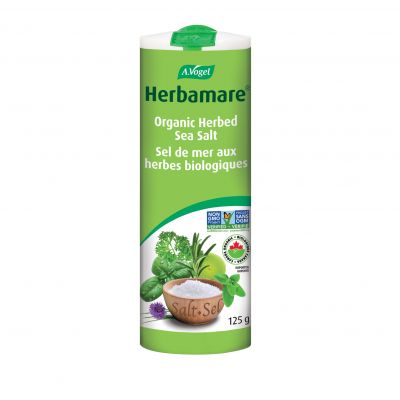Mild Hypertension
The luck pertains to the way your forebears have treated their hearts: hopefully their sins won’t be visited upon your cardiac condition, but it is often the case that you inherit a heart weakness or tendency to high blood pressure from those who have gone before you…
This is entirely unfair and you are entitled to grumble, but not too much because stress is bad for your heart.
The judgement is less of a gamble, because our dietary and lifestyle choices can have a huge impact on our coronary status. Eating chips and chocolate on the sofa every night with the occasional detour to the pub to exercise your elbow will do very little towards ensuring you a long and healthy life, particularly in the cardiac department. On the other hand, if you make some sensible choices and changes, you can improve even an inherited heart problem to some degree.
Diet
Avoid:
- Salt – cut it down and then cut it out. Read labels, look at ingredients, don’t have it on the table, and look out for alternatives such as Herbamare.
- Caffeine – limit it to high days and holidays rather than having it every few hours, because it pushes up blood pressure due to its effects on the adrenal glands. To reduce your coffee consumption gradually, make a cup with half coffee substitute and half your regular coffee.
- Alcohol – ok in moderation but not great if you’re having it every day or needing it to relax, as it too has an adverse effect on blood pressure
- Sugar – refined sugar turns to fat in the body, and you really don’t need fatty deposits clogging up your arteries and making it harder for the blood to get through to the heart
- Saturated fats – they’re not worth the artery-furring effects, so oven-bake your chips, throw out the frying pan.
Enjoy:
- Eat plenty of potassium-containing foods such as leafy green vegetables, whole grains, sunflower and sesame seeds, bananas, apricots, figs, raisins, soya and butterbeans, chickpeas, brazils, walnuts, avocados and blackcurrants
- Drink at least 1.5 litres of plain, still water daily and choose herb teas such as fennel, nettle and dandelion for their beneficial effect on fluid retention, rather than ordinary teas and coffees that cause you to retain water
- Have plentiful supplies of fresh fruit and vegetables to keep your vitamin C levels up, as this vitamin is good for the integrity of your capillaries (the smallest of your blood vessels)
- Have dried fruit instead of refined sugar, as dried fruit gives you sustained energy, as well as helpful nutrients such as magnesium and vitamin B (see below), and it doesn’t clog up your arteries or make you fat
Lifestyle
- Smoking – just don’t
- Exercise – gentle amounts on a daily basis are the best way to go, rather than one hefty session per week, which just puts strain on your heart
- Rest sufficiently, especially after exercise, and practise breathing exercises or meditation techniques to ensure that you relax properly every day. This will have a very beneficial effect on your heart health and reduce many other damaging aspects of stress on your life.
Exercise
- Walking is the best exercise to start with, indulging in a daily walk of 10-20 minutes until you feel ready for more. Start on the flat and make it a useful trip by walking to the shops or the post if they’re handily close.
- Yoga is gentle and very beneficial, capable of being adapted to all levels of fitness. Pilates is slightly more demanding if you find you’re doing well.
- Swimming is great for those whose knees won’t permit of much weight-bearing exercise, and can be done in a slow and dignified manner at first.
Supplements
- Magnesium is the best mineral for your heart. Take up to 500 mg daily (it’s available in a liquid form for those with digestive problems) and benefit from its stress reducing effects as well as feeding your heart tissue so that your heart rhythm remains steady. Low magnesium levels can contribute to palpitations, high blood pressure, sleeping problems and increased pain perception, so it’s worth keeping it topped up.
- Vitamin B is important for reducing stress symptoms and for breaking down an amino acid called homocysteine, which is associated with heart disease and strokes.
Herbs
Hawthorn (Latin name: Crataegus) is the herb most associated with a healthy heart. The British Herbal Pharmacopoeia describes it as a cardiotonic, and many other reputable texts note its actions as a cardiotonic, coronary vasodilator and hypotensive. A meta-analysis of trials on Hawthorn extract for treating chronic heart failure concluded that it had a significant benefit.
Hawthorn has several actions that are beneficial for the heart.
- It dilates the coronary arteries (the arteries that take oxygen and other nutrients to the heart), so that blood can be carried to the heart more effectively. These are the arteries that get furred up in heart disease – the wider they are, the easier it is for blood to get along to the heart. It is thought that the flavonoids Crataegus contains are responsible for this vasodilatory (dilating the blood vessels) effect, which is particularly useful for people with angina.
- Crataegus also has a sedative effect that increases the heart tone, improving the force of contraction whilst reducing the rate of contraction. In other words, your heart will beat more strongly so it won’t have to beat as often – your pulse rate will fall, which is good, and the increased strength of your heart beat will ensure that blood flows more powerfully around the body, which improves your general circulation.
- Crataegus’ flavonoids help to stabilise capillaries – those tiny blood vessels that reach into the furthest-flung areas of your body. This is also good for your general circulation and your blood pressure.
- Procyanidins, which are one of the flavonoids that Crataegus contains, inhibit an enzyme called angiotensin-converting enzyme, which makes blood vessels constrict (and thus pushes up blood pressure). This inhibition brings your blood pressure down.
How to take it
Take a tincture of Crataegus for the speediest effects, but even then don’t expect it to work overnight. The gentle, gradual nature of its effect is one of the reasons that Crataegus is so safe to take. It will take four to six months to see the benefits, which are cumulative. It is safe to take long term.
Tell your doctor that you are taking Crataegus as part of your programme to keep your blood pressure under control.
If you are already taking blood pressure medication
Before taking Crataegus, talk to your doctor. Your doctor must know about it so that any reduction in your blood pressure can be noted quickly and medication levels adjusted.
You should never attempt to self-diagnose or self-medicate for heart conditions, but should seek the advice of your doctor in order to get a proper diagnosis and appropriate treatment. There are steps that you can take to improve your heart health generally and reduce the likelihood of heart disease; however, these steps do not constitute an alternative to proper medical care in a diagnosed case of heart disease.
In you experience swelling of the legs, pain in the heart region, the arms, upper abdomen or around the neck, or if your breathing becomes laboured or distressed, you must seek medical help urgently.
References
British Herbal Pharmacopoeia, 4th Edition, 1996, p98-101
Barnes J et al, eds. Herbal Medicines. Pharmaceutical Press 2002, p284-287
Hobbs C, Foster S. Hawthorn – a literature review. Herbalgram 1990; 22: 19-33
Abdul-Ghani A-S et al. Hypotensive effect of Crataegus oxyacantha. Int J Crude Drug Research, 1987; 25: 216-220
Pittler M et al. American Journal of Medicine 2003; 114 (8): 665-674
O’Conolly VM et al. Forschr Med, 1986; 104: 805-808
Havsteen B. Biochem Pharm, 1983; 32: 1141-1148
Uchida S et al. Jpn J Pharmacol 1987; 43: 242-245


